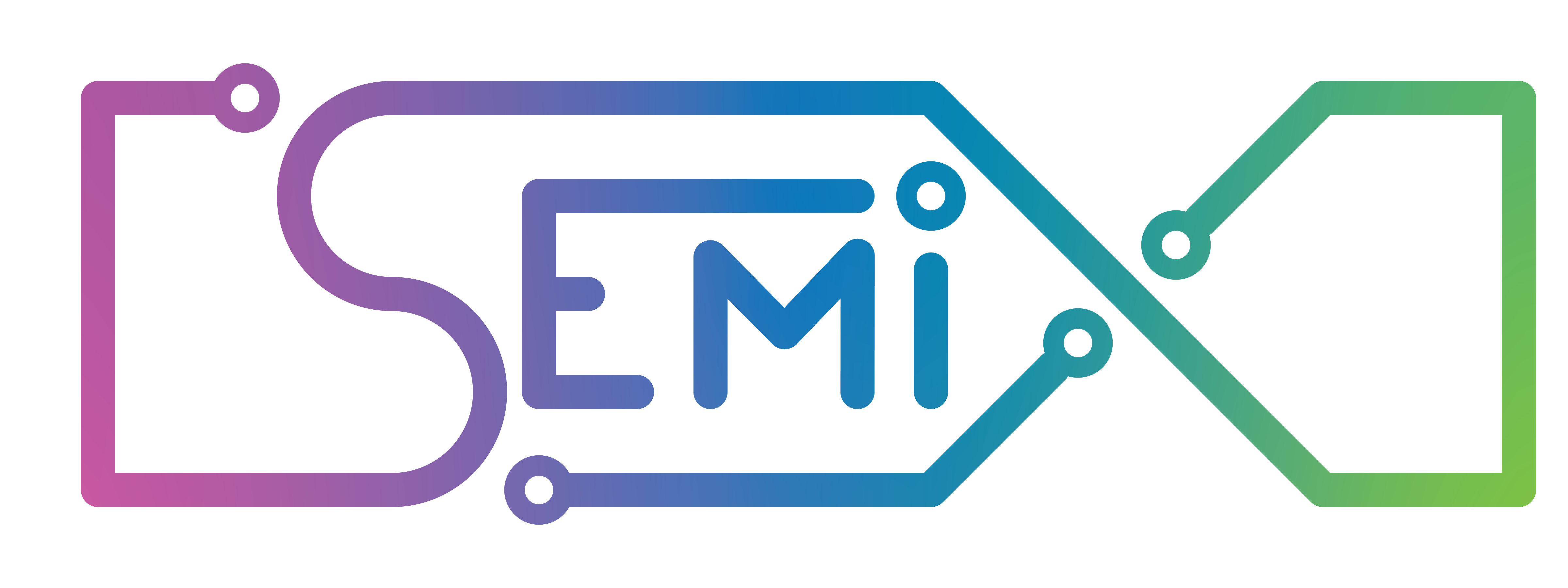
Inventing Our Semiconductor Future Together - First Annual SemiX Summit
“I am very excited about what is being attempted at SemiX for collaboration between academia, industry, and government, which is very important at the moment.”
“We are at a historical cusp. This initiative would grow with the rest of the semiconductor industry in India.”
These quotes from Chief Guest Shri S. Krishnan, Secretary, Minister of Electronics & Information Technology, from his opening remarks at the first SemiX annual summit, aptly describe SemiX.
IIT Bombay Center for Semiconductor Technologies, SemiX was established in 2022. The word “Semi” stands for Semiconductors and “X” represents the integration of various semiconductor solutions – materials, equipment, devices, circuits, packaging, and software.
The summit brought together over 300 people from the semiconductor and electronics industries including startups, academia, government and investors. Together we invented our semiconductor future working on three important elements: research, entrepreneurship, and workforce development.

Various sessions in the research track emphasized the need to improve collaboration between the academia and the industry with many of them calling for the formation of the corresponding consortium. In each session, faculty and students from IIT-Bombay showcased the novel research projects they are working on. This was followed by a panel discussion with eminent industry representatives as panelists.
Other common recommendations included:
- Develop talent development programs/have industry-ready graduates,
- Set up joint R&D/engineering centers,
- Develop some pilot projects to initiate industry-academia collaboration and
- Address business issues such as a technology transfer typically from an academic institution to a business entity.
Sessions included memory devices, logic technology, analog mixed signal design, flexible electronics, power and ESD, neuromorphic and AI chips, digital IC design, materials and processing, advanced packaging, and quantum technologies.
Strong entrepreneurship and an active, world-class startup ecosystem are critical to realizing the India Semiconductor Mission. Startups can allow India to increase her share of the worldwide semiconductor market and intellectual property portfolio.
Fund-raising and go-to-market are the two main challenges faced by the semiconductor startups in India. The group discussed and recommended possible ways to address the capital needs that go beyond the initial capital that can come from the relatively small number of deep tech focused funds in India. The group also came up with possible ways to improve go-to-market especially outside India including early validation of the business ideas.
Participants included 10+ venture investors and several startups and we even had a pitch-fest that included nine startups making a 6 minute pitch each to the investors. The group discussed a proposal for incubation of semiconductor startups thru SINE and decided to run a couple of pilot projects to start.
Complexity of the semiconductor products and supply chain present challenges and opportunities for workforce development. There is a general need for a better alignment between the curricula and the industry requirements.
Additional focus areas include:
- Packaging technology to support the plethora of projects being funded
- Up-skilling the existing design capability and
- Interdisciplinary training in equipment.
Other recommendations include:
- creating and expanding internship programs especially at masters level
- creating a semiconductor engineering minor
- setting up physical and virtual training labs
- creating formal academia-industry talent exchange programs
- focusing on cutting edge technologies such as AI/chiplets, and
- creating a product mindset in research.
The track consisted of a plenary session followed by two parallel sessions; fab technology/packaging and IC/system design. Participants included leaders from the semiconductor industry and academia.
The first SemiX annual summit provided
the perfect platform for a broad semiconductor ecosystem to discuss critical issues related to the India Semiconductor Mission and the key areas of research, entrepreneurship and workforce development. A tighter relationship between the industry and academia is a must, especially for research and workforce development. Similar partnership between investors, academia and industry is required to create a vibrant semiconductor startup ecosystem.
Shri Abhay Karandikar, Secretary of the Department of Science & Technology, Government of India, closed the Summit with a valedictorian address recognizing the work done to date and emphasizing the need to keep moving forward!
